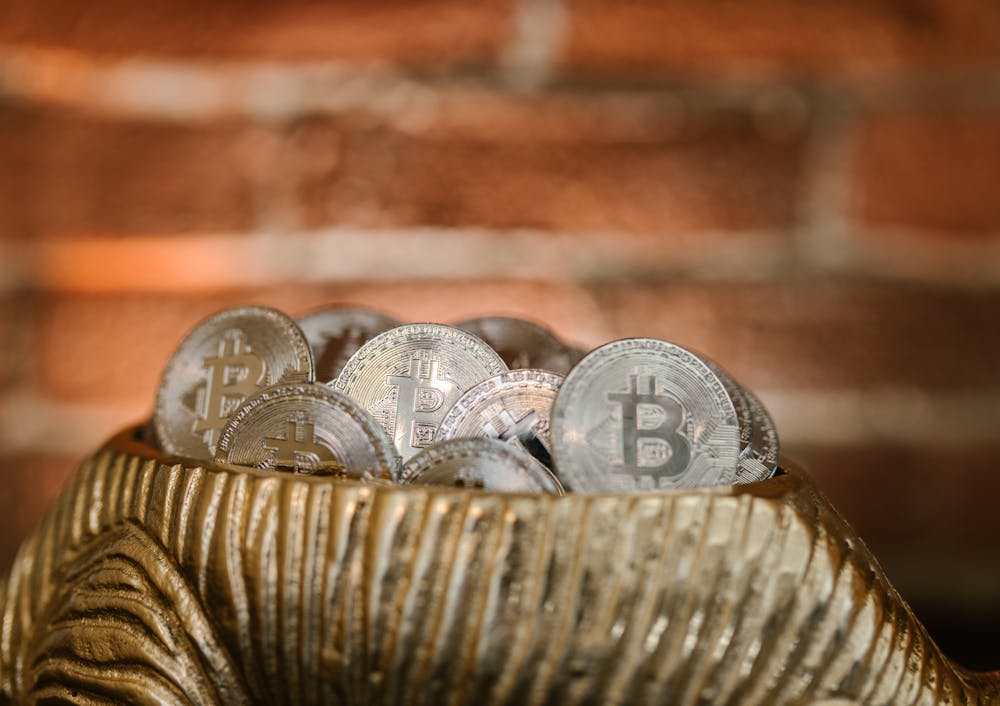Choosing Your First Bitcoin Wallet

As cryptocurrency continues to gain widespread adoption, more individuals are looking for secure ways to buy, store, and manage Bitcoin. One of the most crucial steps in this journey is selecting a reliable Bitcoin wallet. A Bitcoin wallet serves as a digital tool that enables users to store, send, and receive Bitcoin safely. However, with a wide range of wallet options available, choosing the right one can feel overwhelming.
The best wallet for you will depend on several factors, including security, ease of use, and accessibility. According to this report by Amin Shoukat, there are many important considerations when selecting a Bitcoin wallet, and this article will explore the different types of wallets, their features, and the key factors to keep in mind to help you make an informed choice.
Types of Bitcoin Wallets
Before choosing a Bitcoin wallet, it’s essential to understand the different types available. Bitcoin wallets generally fall into two broad categories: hot wallets and cold wallets. Each type serves different purposes and offers distinct levels of security and convenience.
1. Hot Wallets (Online & Software-Based Wallets)
Hot wallets are connected to the internet and provide easy access to your Bitcoin. They are convenient for daily transactions but are also more vulnerable to hacking and cyberattacks.
- Mobile Wallets — Mobile wallets are smartphone applications designed to store Bitcoin securely while offering ease of access. They allow you to manage your Bitcoin directly from your phone.
- Desktop Wallets — These wallets are installed on your computer and provide a secure way to manage Bitcoin transactions. They are often preferred by those who trade or hold Bitcoin on their personal computers.
- Web Wallets — Web wallets are hosted online by third-party providers, making them accessible from any device with an internet connection. While they offer convenience, they require trust in the provider’s security measures.
2. Cold Wallets (Offline & Hardware-Based Wallets)
Cold wallets are not connected to the internet, making them much more secure against hacking attempts. These wallets are ideal for long-term storage and for users who prioritize security.
- Hardware Wallets – Hardware wallets are physical devices that store Bitcoin securely offline. They are considered one of the safest options because they keep private keys isolated from online threats. Popular options include Ledger Nano X and Trezor.
- Paper Wallets – A paper wallet consists of a physical printout of your Bitcoin private keys. While secure, they require careful storage to prevent loss or damage. Users must also ensure they don’t expose their wallets to unauthorized access.
Key Factors to Consider When Choosing Your First Bitcoin Wallet
The following are some important factors to consider when choosing your first Bitcoin wallet:
1. Security Features
Security is the most critical factor when selecting a Bitcoin wallet. Cryptocurrency transactions are irreversible, so protecting your assets is essential. Look for features such as:
- Two-factor authentication (2FA) – Adds an extra layer of security by requiring an additional verification step.
- Private key control – Choose wallets that allow you to control your private keys rather than relying on third parties.
- Backup and recovery options – Opt for wallets with secure recovery options, such as seed phrases, in case of device failure or loss.
2. Control Over Private Keys
The importance of private keys cannot be overstated when it comes to securing your Bitcoin. Some wallets grant you full control over your private keys, while others—such as exchange wallets—do not. If maintaining full ownership of your funds is a priority, choosing a non-custodial wallet is essential, as it ensures that only you have access to your private keys. In contrast, exchange wallets, while convenient, pose a higher risk since they are managed by third parties, meaning you are entrusting your assets to an external entity. For maximum security and autonomy over your Bitcoin, opting for a non-custodial wallet is the best approach.
3. Backup and Recovery Options
Losing access to your wallet can mean losing your Bitcoin permanently. Make sure the wallet you choose offers:
- Seed phrases – A seed phrase is a set of words that can be used to recover your wallet if your device is lost or damaged. It acts as a backup, allowing you to regain access to your funds on a new device. It is crucial to protect the seed phrase carefully by storing it in a secure, offline location, as anyone with access to it can take control of your Bitcoin.
- Encrypted backups – Ensuring your data remains secure and recoverable.
Conclusion
Choosing your first Bitcoin wallet is an important decision that will impact the security and accessibility of your cryptocurrency. Whether you need a convenient mobile wallet for daily transactions or a highly secure hardware wallet for long-term storage, there is an option that fits your needs.
To make the best choice, consider factors such as security features, control over private keys, compatibility, and ease of use. Prioritizing a wallet with strong security measures will ensure that your Bitcoin remains safe from cyber threats.
As you explore the world of cryptocurrency, remember that the best wallet is the one that aligns with your specific goals—whether it’s trading, investing, or simply storing Bitcoin for the future. With the right Bitcoin wallet, you can confidently manage your assets and participate in the growing digital economy.
